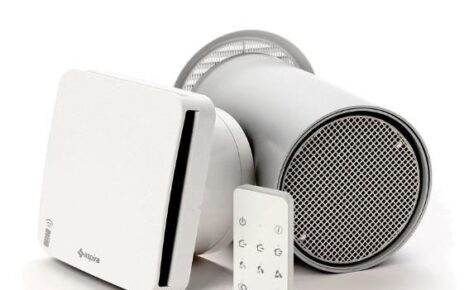Residential HVAC systems and technologies heat, chill, and ventilate houses and structures. These systems are necessary for a pleasant and healthy indoor environment regardless of weather. Household HVAC systems are customized to optimize temperature control, air quality, and energy economy. Residential HVAC system components, functions, and advantages will be discussed in this article.
System components of residential HVAC
- Heating Systems
Heating choices in residential HVAC Houston systems include furnaces, boilers, and heat pumps. Ductwork distributes heat from furnaces throughout the home. Water from boilers circulates via radiators or underfloor pipes. Heat pumps heat and cool inside by transferring heat from the outside.
- Air Conditioners
Central air conditioning is standard in household HVAC. These systems cool interior air by removing heat and humidity and dispersing it via ducting and vents. Another common choice is ductless mini-split systems, which provide room-by-room management.
- HVAC Systems
Indoor air quality requires proper ventilation. Residential HVAC Houston uses air exchanges, filters, and exhaust fans. These systems circulate fresh outside air and remove interior contaminants and stale air.
- Controls and thermostats
Advanced thermostats and control systems let homes adjust temperature, humidity, and ventilation. Remotely programming and controlling smart thermostats saves energy and improves comfort.
Residential HVAC System Benefits
- Comfort: Residential HVAC systems deliver continuous and customizable comfort.
- Energy Savings: Heating and cooling systems that use less energy save money. Regular maintenance and insulation save energy.
- Enhanced Indoor Air Quality: HVAC systems with excellent filtration remove airborne pollutants, allergens, and toxins, improving indoor air quality.
Conclusion
Modern living requires home HVAC systems for year-round comfort, energy efficiency, and indoor air quality. To realize the advantages of these vital technologies, homeowners should install high-quality HVAC systems, maintain them, and utilize smart thermostats. By doing so, individuals may live comfortably while conserving energy and the environment.





